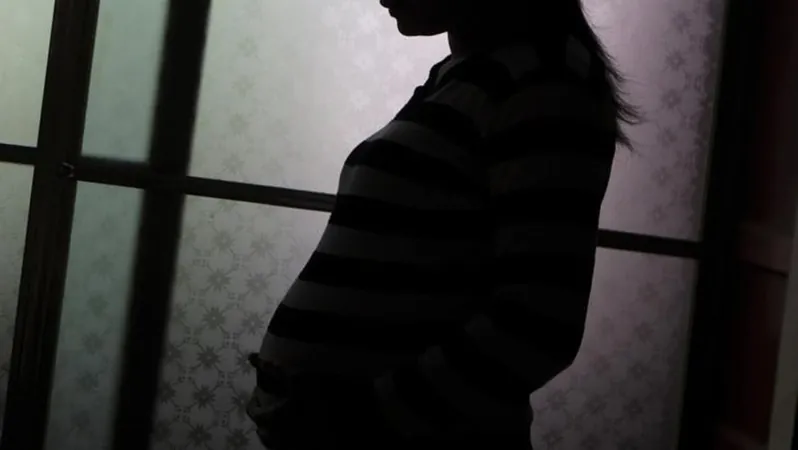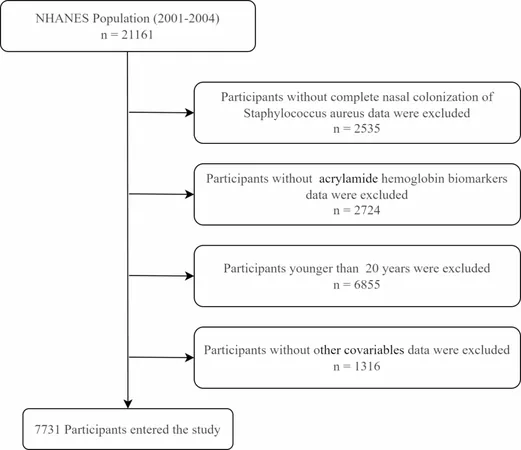
Maia Sandu's Triumph in Moldova: A Pro-EU Statement Amidst Allegations of Russian Interference
2024-11-04
Author: Siti
CHISINAU: Election Results and Context
In an election that has captured international attention, Maia Sandu, the pro-European Union (EU) incumbent president of Moldova, clinched a narrow victory in the presidential runoff held on November 3. This win comes amid heightened tensions and serious allegations of foreign meddling, particularly from Russia, which many fear is attempting to exert influence in the strategically positioned country bordered by Ukraine and the EU.
Sandu secured 54.94% of the vote against her rival Alexandr Stoianoglo, who is backed by the pro-Russian Socialist Party and previously served as the country’s prosecutor general before Sandu dismissed him last year. Stoianoglo obtained 45.06% of the votes, a close contest that Sandu characterized as a “lesson in democracy,” affirming the Moldovan people's commitment to democratic values.
EU Membership Aspirations
The runoff followed a recent referendum, where the majority indicated support for EU membership, albeit by a marginal 50.35%. Following Russia's invasion of Ukraine in 2022, Sandu's administration formally applied for EU membership, emphasizing a clear shift in Moldova's foreign policy aspirations.
Victory Speech and International Response
In her victory speech, the 52-year-old former World Bank economist echoed a message of hope and resilience, stating, “Freedom, truth, and justice have prevailed.” The response from European leaders was overwhelmingly supportive; EU chief Ursula von der Leyen commended Sandu’s commitment to a European future, while French President Emmanuel Macron noted the triumph of democracy over foreign interference.
Allegations of Foreign Interference
However, the elections were far from peaceful. Authorities reported a series of alleged provocations aimed at destabilizing the electoral process. Moldova's police revealed investigations into suspected organized transportation schemes facilitated by Russia, aimed at allowing its nationals in neighboring countries like Belarus and Türkiye to vote at Moldovan missions. Moreover, the country faced attacks such as cyber threats and fake bomb alerts aimed at disrupting contemporary voting.
Public Opinion and Challenges Ahead
Despite the celebration from Sandu's supporters, the nation remains divided. Many believe that the ruling party is failing to address the pressing concerns of the public. As Grigore Gritcan, a retired railway worker from the pro-Russian breakaway region of Transnistria, expressed: “People have nothing to eat, no work.”
Political experts observe that Sandu's reliance on support from the diaspora, particularly in the capital and urban centers, played a crucial role in her victory. The deep political polarization within Moldova presents significant challenges moving forward, and analysts warn that the country requires substantial external assistance to navigate the geopolitical tensions exacerbated by Russian actions.
The Path Forward
As Moldova continues on its path towards potential EU membership, the stakes remain high. With more than US$100 million reportedly spent on destabilization activities, the Moldovan government must address both internal challenges and external pressures to secure a stable and prosperous future in Europe. This latest election could very well set the tone for the nation’s journey ahead, as it grapples with the complex dynamics of independence and foreign influence in a region marked by uncertainty.




 Brasil (PT)
Brasil (PT)
 Canada (EN)
Canada (EN)
 Chile (ES)
Chile (ES)
 España (ES)
España (ES)
 France (FR)
France (FR)
 Hong Kong (EN)
Hong Kong (EN)
 Italia (IT)
Italia (IT)
 日本 (JA)
日本 (JA)
 Magyarország (HU)
Magyarország (HU)
 Norge (NO)
Norge (NO)
 Polska (PL)
Polska (PL)
 Schweiz (DE)
Schweiz (DE)
 Singapore (EN)
Singapore (EN)
 Sverige (SV)
Sverige (SV)
 Suomi (FI)
Suomi (FI)
 Türkiye (TR)
Türkiye (TR)